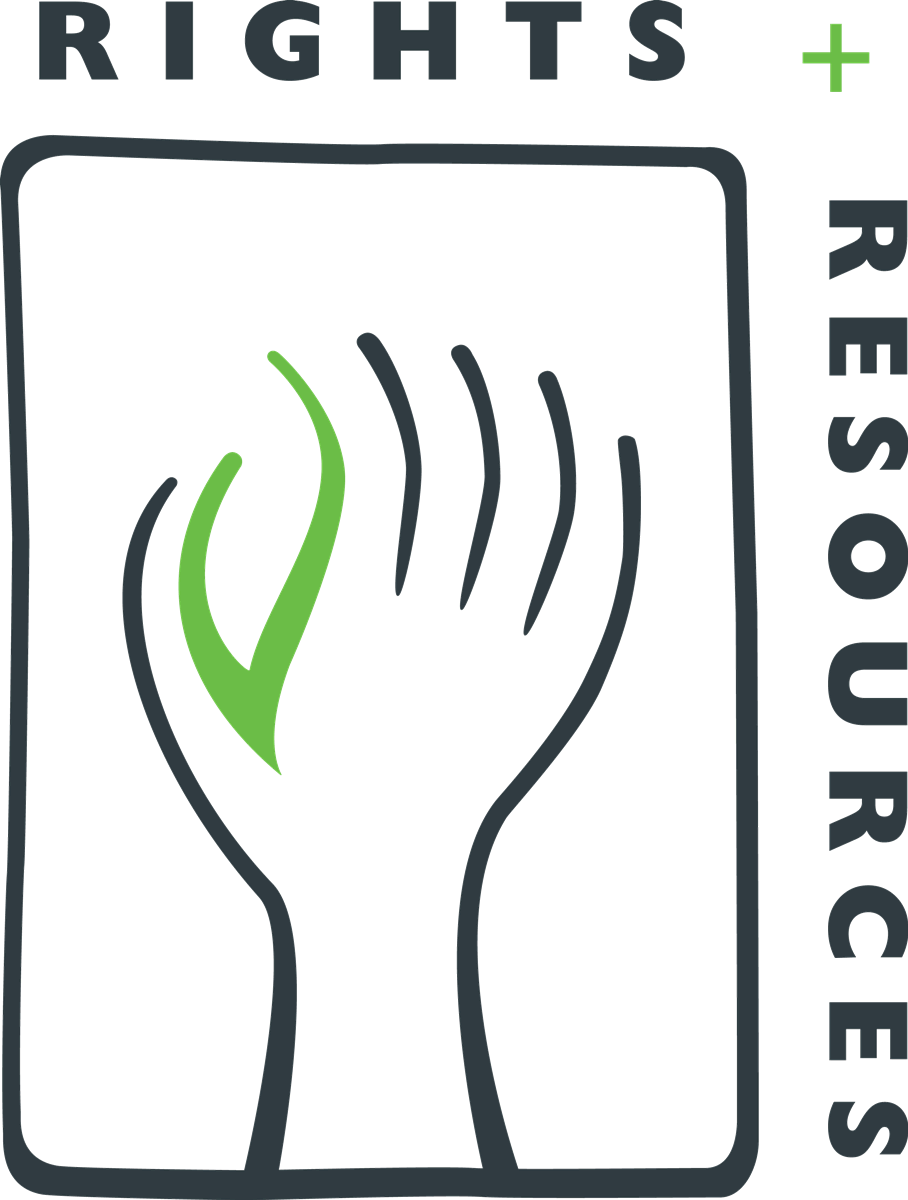Focal point
Location
The Rights and Resources Initiative is a strategic coalition of international, regional and community organizations engaged in development, research and conservation. Together, we are working to encourage greater global commitment and action on pro-poor tenure, policy and market reforms.
The RRI coalition is formed by a group of core Partners who conduct work in specific areas of their regional and thematic expertise. Partners also engage with a wide group of collaborators who participate in and support RRI activities around the world. RRI is a strategic coalition that goes beyond the traditional set of international development actors to involve a wide spectrum of organizations, each of which provides a critical perspective in the larger chain of actors necessary to advance change.
Our Mission
RRI’s Mission is to support local communities’ and indigenous peoples’ struggles against poverty and marginalization by promoting greater global commitment and action towards policy, market and legal reforms that secure their rights to own, control and benefit from natural resources, especially land and forests.
Global Challenge, a Global Opportunity
Forests cover close to 30 percent of the world's land area, and more than a billion people rely on forests to a significant extent for their food, fuel and income.
An estimated 350 million indigenous and tribal peoples are at least partly dependent on forests, including some 60 million who are substantially dependent on forests for their subsistence and livelihoods. Forests are also particularly important to poor women, who shoulder much of the burden for hauling wood and collecting and marketing forest products.
Dominant models of forest industry and conservation have often exacerbated poverty and social conflicts and have precluded pro-poor economic growth. The lack of clear rights to own and use forest land, develop enterprises, and trade in forest products has driven millions of forest dwellers to poverty and encouraged widespread illegal logging and forest loss.
The world will not meet national and global goals to reduce poverty and protect the environment unless poor peoples' rights to land and resources are strengthened. Neither will the world effectively mitigate or adapt to climate change without clarifying local tenure and governance. The next two decades are critical--both for the poor and for the forests.
There are reasons for optimism. Organizations of indigenous peoples and forest-dwelling communities are gaining voice and opportunity, and after decades of limited action many countries are beginning to consider far-reaching legal and policy reforms. There is a major opportunity to advance the rights and livelihoods of forest peoples by establishing the institutional foundations for sustained conservation and forest-based economic development.
Resources
Displaying 101 - 105 of 109Evaluation of ILPRC, RCN
General
The assignment to Indivelop to evaluate ILPRC project implemented by RCN Justice et Democratie will be expected not later than March 2015 and, it will provide information that will help learning to inform a future project.
Evaluation of ILPRC, RCN
General
The assignment to Indivelop to evaluate ILPRC project implemented by RCN Justice et Democratie will be expected not later than March 2015 and, it will provide information that will help learning to inform a future project.
The International Land and Forest Tenure Facility. 2014-2015 inception + 2015-2017 implementation
General
The Rights and Resources Initiative is catalyzing a new International Land and Forest Tenure Facility in response to growing global demand for land and forest tenure reform. Sida has committed USD 15.0 million over a 4-year period to support the final assessments and consultations needed to finalize design of the Facility, establishment and launch of Facility structures and governance, and support implementation of community tenure reform projects in a first set of countries.
Land: Enhancing Governance for Economic Development (LEGEND)
General
The project supports country offices to set up and implement new land programmes by funding programme scoping and design, and providing expert 3rd party advice during implementation; supporting a range of global level activities covering improved private sector land investment, land information and knowledge and land rights protection.
Rights and Resources Initiative (RRI) Framework Project
General
Framework support to RRI, a global coalition of international, regional and community organizations dedicated to raising global awareness on forest policy and tenure reforms to achieve goals of poverty alleviation, biodiversity and forest-based economic growth. The overall objective of the project is to reduce poverty, enhance well-being and strengthen democratic governance and development in forest areas of developing countries.





